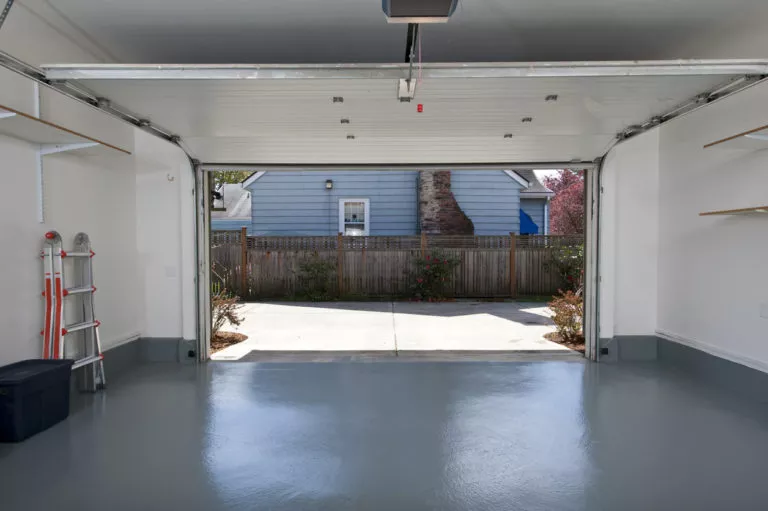Imagine arriving home after a long day, only to find that your garage door won’t close with the remote. It’s a frustrating situation that many homeowners encounter at some point. However, before you panic or call for professional help, there are several common reasons why this problem occurs, and in most cases, you can troubleshoot and resolve the issue yourself. In this article, we’ll explore the potential causes and solutions when your garage door refuses to close with the remote.

Understanding the Basics
Before we dive into troubleshooting, it’s helpful to have a basic understanding of how your garage door operates. Most modern garage doors use a combination of a remote control, a wall-mounted control panel, and a motorized opener to function. The remote control sends a signal to the opener to open or close the door. When it comes to a door not closing with the remote, there are a few possibilities to consider.
Possible Causes and Solutions
1. Battery Issues
Cause: The most common reason for a malfunctioning garage door remote is simply dead or weak batteries. Over time, the batteries in your remote control can lose power, preventing it from sending a strong signal to the opener.
Solution: Replace the batteries in your remote control with fresh ones. Be sure to use the correct type of batteries as specified in the remote’s user manual.
2. Interference
Cause: Interference from nearby electronic devices or even neighboring garage door openers can disrupt the signal between your remote and the opener, preventing the door from closing.
Solution: Try changing the frequency on your garage door opener. Most modern openers allow you to adjust the frequency to reduce interference. Refer to your opener’s manual for guidance on how to do this.
3. Range Limitations
Cause: If you are too far from the garage door when trying to close it with the remote, the signal may not reach the opener. Each remote control has a specific range, and exceeding it can result in a failed operation.
Solution: Stand closer to the garage door when using the remote. Alternatively, consider installing a garage door range extender to improve signal coverage.
4. Obstructed Safety Sensors
Cause: Modern garage doors are equipped with safety sensors that prevent the door from closing if they detect an obstruction in the door’s path. If these sensors are misaligned or obstructed themselves, it can prevent the door from closing.
Solution: Check the safety sensors located near the bottom of the garage door tracks. Ensure that they are clean and properly aligned. Remove any obstructions or debris blocking their line of sight.
5. Wiring or Connection Issues
Cause: Wiring problems or loose connections within the garage door opener system can disrupt the communication between the remote and the opener.
Solution: Inspect the wiring and connections in your garage door opener unit. If you find any loose or damaged wires, consult a professional to repair or replace them.
6. Remote Control Malfunction
Cause: In some cases, the issue may be with the remote control itself. Buttons can wear out, or internal components may fail over time.
Solution: If none of the above solutions work, consider purchasing a new remote control. Be sure to program it correctly with your garage door opener following the manufacturer’s instructions.
Conclusion
When your garage door won’t close with the remote, it can be an inconvenience, but it’s usually a problem that you can diagnose and fix yourself. By systematically checking for common issues like battery problems, interference, range limitations, sensor obstructions, and wiring issues, you can often resolve the problem without the need for professional assistance. Remember to consult your garage door opener’s manual for specific troubleshooting steps and reach out to a technician if you encounter more complex issues. A well-maintained garage door system ensures convenience and security for your home.



Leave a Reply